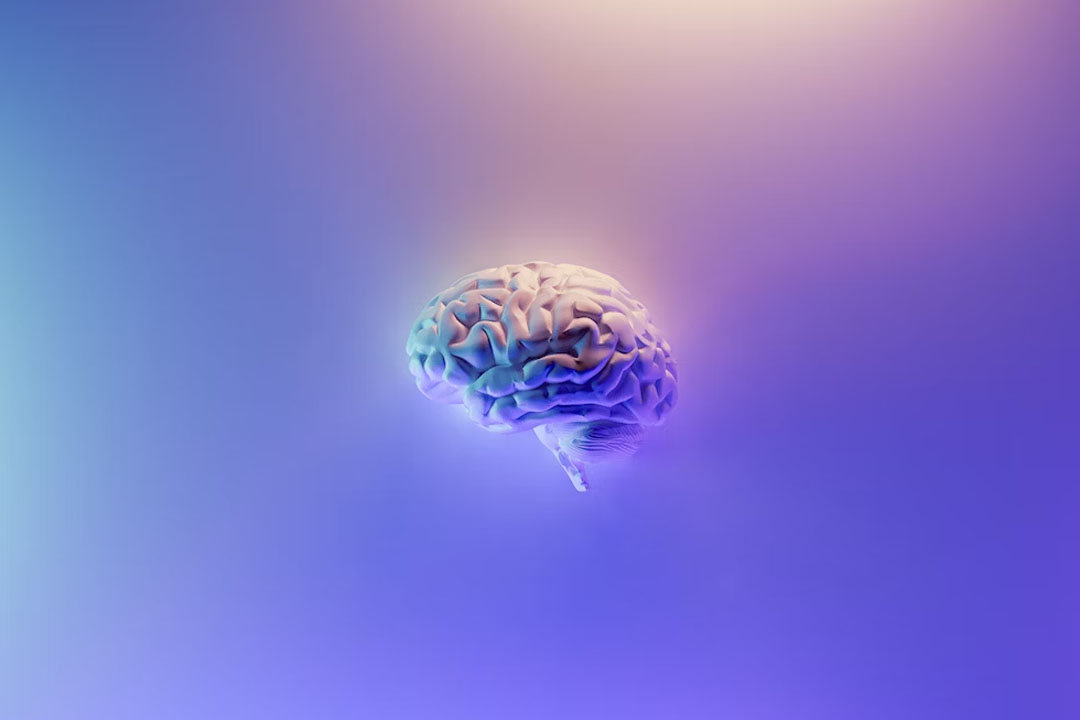Introduction:
The human mind is a complex web of thoughts emotions and perceptions. One fascinating aspect of our cognitive abilities is the Theory of Mind a concept that delves into our capacity to understand and attribute mental states to ourselves and others. As we navigate the intricate landscape of social interactions ToM plays a pivotal role in shaping our understanding of the world around us.
Defining Theory of Mind:
At its core Theory of Mind refers to the ability to infer and comprehend the mental states of oneself and others. This encompasses beliefs intentions desires and emotions. In simpler terms it involves understanding that others have thoughts and feelings that may differ from our own. ToM is not only a crucial component of social cognition but also an essential skill for effective communication and interpersonal relationships.
Development of Theory of Mind:
The journey of developing Theory of Mind begins in early childhood. Infants initially exhibit a limited understanding of the minds of others but as they grow and engage in social interactions their ToM abilities mature. One of the key milestones in ToM development is the recognition of false beliefs. This occurs around the age of 4 or 5 when children start comprehending that others may hold beliefs that are different from reality.
ToM also undergoes further refinement throughout adolescence and into adulthood. As individuals gain more diverse social experiences their capacity to understand and interpret the thoughts and emotions of others continues to evolve. This developmental trajectory highlights the dynamic nature of ToM and its ongoing role in shaping our social intelligence.
Neurological Basis of Theory of Mind:
Understanding the neurological underpinnings of Theory of Mind adds another layer to the complexity of this cognitive process. Neuroimaging studies have identified specific brain regions associated with ToM such as the medial prefrontal cortex and the temporoparietal junction. These areas are crucial for processing information related to others mental states.
Moreover research suggests that mirror neurons which are neurons that fire both when an individual performs an action and when they observe someone else performing the same action may contribute to ToM. This neural mirroring enables us to simulate and understand the mental states of others by internally replicating their experiences. The intricate interplay of these neural mechanisms showcases the intricacy of ToM at the neurological level.
The Role of Theory of Mind in Social Interactions:
Theory of Mind is a cornerstone of successful social interactions. It allows individuals to navigate the complexities of human relationships by anticipating the thoughts and emotions of others. Empathy, a fundamental component of ToM, enables us to connect with others on an emotional level, fostering a deeper understanding of their experiences.
In the realm of communication, ToM is indispensable. It helps us interpret verbal and nonverbal cues, understand sarcasm, and grasp the underlying intentions behind words and actions. A robust Theory of Mind is particularly beneficial in resolving conflicts, as it enables individuals to see situations from multiple perspectives and find common ground.
Theory of Mind and Neurodiversity:
While Theory of Mind is a universal cognitive skill, its development and expression can vary among individuals, giving rise to the concept of neurodiversity. Neurodivergent conditions, such as autism spectrum disorder, may impact the development of ToM. Individuals with autism may experience challenges in understanding and predicting the mental states of others, which can affect their social interactions.
Understanding and respecting neurodiversity underscores the importance of recognizing that diverse minds contribute to the richness of human experience. Efforts to support individuals with neurodivergent conditions often involve tailored interventions that address specific challenges related to Theory of Mind.
Conclusion:
Theory of Mind stands as a testament to the remarkable cognitive abilities of the human mind. From its developmental roots in early childhood to its role in shaping sophisticated social interactions, ToM is a dynamic and essential aspect of our mental landscape. By unraveling the intricacies of Theory of Mind, we gain not only a deeper understanding of ourselves but also a richer appreciation for the diverse ways in which individuals perceive and navigate the world around them.













